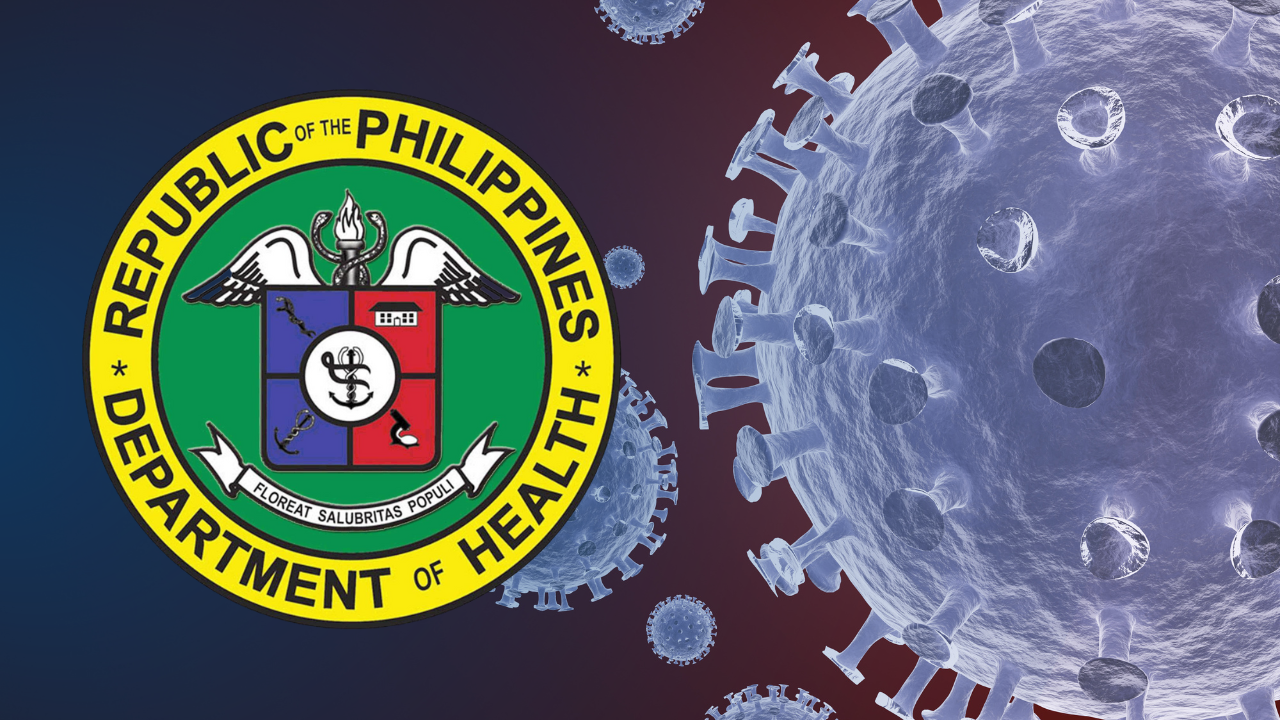MANILA, Philippines — The Department of Health (DOH) has ruled out the possibility of imposing travel restrictions on countries facing a new wave of COVID-19 cases, saying that the Philippines remains at low risk for the disease.
This is despite the uptick in local cases and the emergence of new COVID-19 variants abroad that are driving a recent surge in cases, particularly in Singapore, which saw cases escalate to 25,900 from May 5 to 11, a 90-percent surge from 13,700 the previous week.
READ: Covid-19 test kits sell out as cases spike in Singapore
“There is no scientific basis for travel restrictions to any country because of an increase in COVID-19 cases. Further assessment is needed to determine [the] transmissibility and capacity to evade immune response [of the new COVID-19 variants],” the DOH noted.
READ: COVID-19 risk still low nationwide, says DOH
3 new variants
“The DOH continues to track COVID-19 case counts and newly designated variants under monitoring, in parallel with international developments,” it added in a statement.
There are three new variants under monitoring by the World Health Organization (WHO), namely JN.1.18, and the “Flirt” variants, KP.2 and KP.3. All three are descendants of JN.1, an offshoot of the Omicron variant.
Declaring COVID-19 variants as under monitoring signals to public health authorities that these may require prioritized attention and monitoring.
Of the Flirt variants, the KP.2 strain, in particular, appears to be spreading faster.
KP.2 was first detected in India in early January. It has since spread to other countries, including Singapore, the United States, China, Thailand, Australia, New Zealand and the United Kingdom.
Singapore reported an almost doubling of its COVID-19 cases in the past few weeks, with KP.2 variants accounting for more than two-thirds of their cases.
The Singaporean health ministry said the new COVID-19 wave would peak in the next two to four weeks, and urged its citizens to wear masks while in public.
Voluntary masking
The DOH, meanwhile, did not say if any of the Flirt variants had been detected in the Philippines.
However, it was in close coordination with international health authorities, and the Bureau of Quarantine was keeping a close eye on points of entry nationwide.
Also, the DOH said it had not recommended the return of the mandatory wearing of face masks because of the low risk of a public health emergency.
“The voluntary use of face masks should be done properly, along with standard precautions like hand-washing, avoiding crowds, and choosing good airflow,” it said.
From May 7 to 13, the DOH recorded 877 new COVID-19 cases, with an average of 125 cases reported per day.
“While there is an observed increase recently, it is small and lower than previously observed increases,” the DOH stressed.
Out of the new cases reported, seven were severe or critical. Five deaths were recorded, which occurred in the last two weeks, from April 30 to May 13.
A total of 116 severe and critical cases were also admitted in different hospitals in the country, as of May 12. The hospital bed utilization rate has also remained low.
The DOH noted that only 119 (11 percent) intensive care unit (ICU) beds for COVID patients were occupied out of the 1,117 beds available. There were also 1,238 (13 percent) of the 9,571 dedicated non-ICU beds in use.
The DOH directed healthcare providers to report COVID-19 cases as “this will help guide public health decision-making.”
“It is important to note that by law, doctors, their clinics, hospitals and other facilities are required to accurately and immediately report cases of COVID-19, whether tested by PCR or rapid antigen test,” it stressed.
